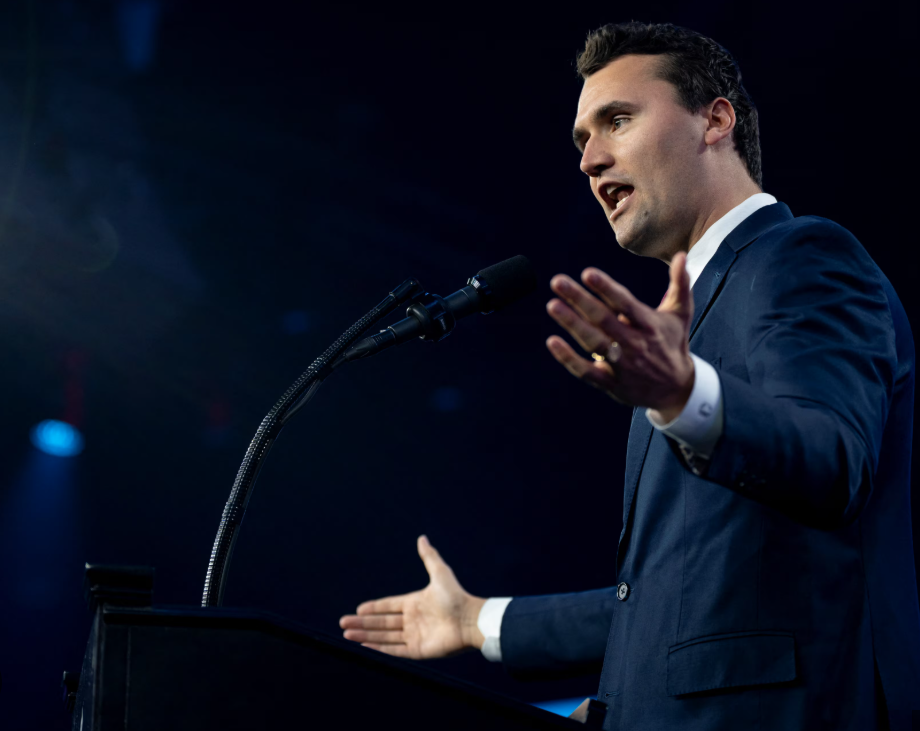
By Stavros Ligris
The shooting of Charlie Kirk during a university event in Utah this September has been described as shocking, tragic, and destabilizing. But it should also be understood as part of a larger pattern of democratic decline in the United States. What looks like a single eruption of violence is better seen as the visible edge of an ongoing erosion of political norms, legitimacy, and trust.
Political violence has increasingly moved from the margins of American politics into the center. When a prominent activist is killed while speaking in a public forum, it signals that the most basic democratic expectation — that disputes will be contested through speech and ballots, not bullets — is under siege. Experts have warned that each violent act risks sparking a cycle of retaliation and mistrust, a “vicious spiral” that normalizes the use of force in political conflict (Reuters).
The reactions that followed only deepen the concern. Instead of unifying responses, the shooting immediately became another site of partisan struggle. Leaders condemned the attack, but often by directing blame toward their opponents. Some voices used the moment to indict the “radical left,” while others turned quickly to the familiar fault lines over gun policy (Reuters). The result is that even violence against political figures becomes filtered through polarization, reinforcing the sense that rival factions are not just competitors, but existential enemies.
This kind of delegitimization is at the heart of democratic weakening. When opponents are cast as threats to be defeated rather than citizens to be persuaded, the space for compromise shrinks. Institutions come under strain as they are asked to deliver security without sacrificing freedoms. Universities, courts, and legislatures are increasingly seen not as neutral arenas but as contested battlegrounds. The fact that a campus lecture became the setting for lethal violence underscores how even traditional spaces for civic exchange now carry the weight of fear.
There is also the risk of overreach. History shows that moments of political violence often justify expansions of state power: new surveillance, tighter controls on speech, or heightened policing. While such measures can be framed as protecting the public, they can also erode liberties and concentrate authority in ways that accelerate democratic backsliding. The danger is that fear becomes a pretext for further undermining the very norms and institutions meant to safeguard democracy.
The Kirk shooting is therefore more than a tragedy; it is an indicator of how far democratic guardrails have already been weakened. It reflects a society in which violence is no longer unthinkable, where polarization distorts even moments of mourning, and where institutions struggle to respond without fueling further division. As Politico noted, the United States may be entering a “dark normal” in which political violence is expected rather than exceptional (Politico).
The iceberg beneath this incident is built from deep distrust, frayed norms, and the steady delegitimization of rivals. The killing of Charlie Kirk shows what happens when those underlying forces break the surface. The future trajectory of American democracy will depend on whether leaders and citizens alike can resist the spiral — not by retreating into partisan blame or expansive crackdowns, but by reaffirming the non-violent, institutional paths that keep democratic competition alive.
